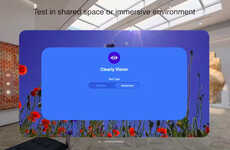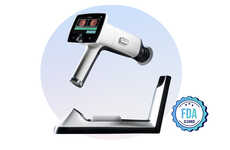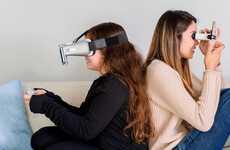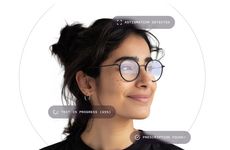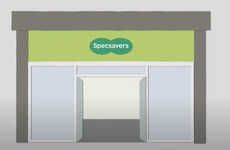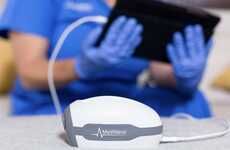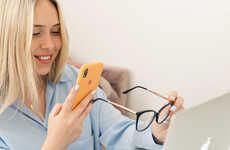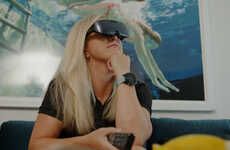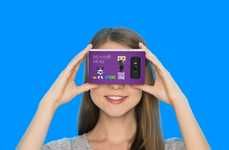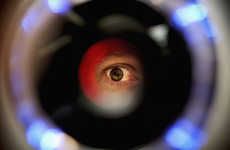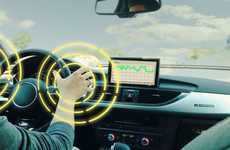
The Carl Zeiss Meditec VISUSCOUT 100 Would Make Detecting Problems Easier
Michael Hemsworth — November 7, 2015 — Tech
References: behance.net & yankodesign
Checking problems within the eye means having to send patients to an eye doctor, which isn't the most efficient for general checkups, so the Carl Zeiss Meditec VISUSCOUT 100 would be able to let doctors quickly check on eye health in the blink of an eye. Designed as a handheld device by designer Alexandre Avranches, the Carl Zeiss Meditec VISUSCOUT 100 would require minimal space in a traditional doctor's office and would produce quick imagery to know whether or not a visit to a specialist would be necessary.
Packed with WiFi connectivity, the Carl Zeiss Meditec VISUSCOUT 100 would allow the imagery to be transferred to a specialist for a followup. The precise auto-focus technology built-in to the Carl Zeiss Meditec VISUSCOUT 100 means that pupils would not have to be dilated, making the use of the device less invasive.
Packed with WiFi connectivity, the Carl Zeiss Meditec VISUSCOUT 100 would allow the imagery to be transferred to a specialist for a followup. The precise auto-focus technology built-in to the Carl Zeiss Meditec VISUSCOUT 100 means that pupils would not have to be dilated, making the use of the device less invasive.
Trend Themes
1. Handheld Retina Scanners - The use of handheld retina scanners would lead to more efficient general checkups and quicker eye-health problem detection.
2. Wireless Connectivity in Medical Devices - The inclusion of WiFi connectivity in medical devices could lead to easier and faster transfer of patient data and imagery to specialists.
3. Auto-focus Technology in Medical Devices - The use of precise auto-focus technology in medical devices could reduce the invasiveness of medical examinations and lead to more patient-friendly experiences.
Industry Implications
1. Healthcare - The healthcare industry could benefit greatly from the increased efficiency and improved patient experience resulting from the use of handheld retina scanners and other innovative medical devices.
2. Medical Device Manufacturing - Manufacturers of medical devices could capitalize on the demand for handheld retina scanners, WiFi-connected devices, and devices incorporating auto-focus technology.
3. Telemedicine - The use of handheld retina scanners and other remote medical devices could lead to expanded opportunities in telemedicine, making healthcare services more accessible to people in remote or underserved areas.
1.9
Score
Popularity
Activity
Freshness


